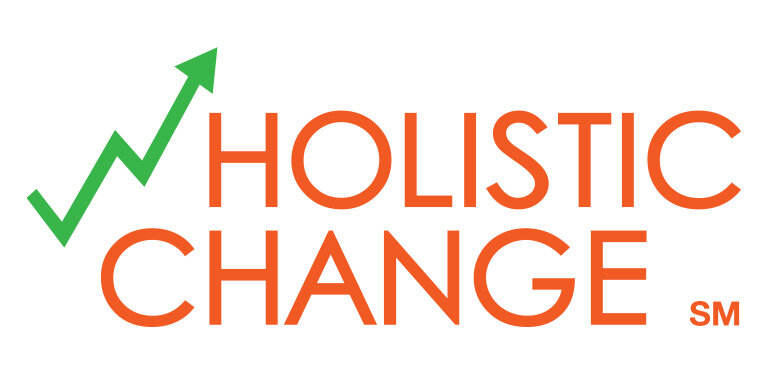In the past week, there have been a couple of articles coming through on my LinkedIn feed that I read and thought -- "hmmm.... there are some common themes coming through!"The first article is by Jessica Hagy on Forbes' Tech blog site - "The 6 People You Need in Your Corner".
"Nothing incredible is accomplished alone. You need others to help you, and you need to help others. With the right team, you can form a web of connections to make the seemingly impossible practically inevitable."
Jessica names the six roles that make up the "right team" and describes the qualities and characteristics of each of these team members.
- "The Instigator - Someone who pushes you, who makes you think. Who motivates you to get up and go, and try, and make things happen.
- The Cheerleader - This person is a huge fan, a strong supporter, and a rabid evangelist for you and your work.
- The Doubter - This is the devil’s advocate, who asks the hard questions and sees problems before they arise. You need this person’s perspective.
- The Taskmaster - This is the loud and belligerent voice that demands you gets things done. This person is the steward of momentum, making sure deadlines are met and goals are reached.
- The Connector - This person can help you find new avenues and new allies. This person breaks through roadblocks and finds ways to make magic happen.
- The Example - This is your mentor, you hero, your North Star. This is the person who you seek to emulate. This is your guiding entity, someone whose presence acts as a constant reminder that you, too, can do amazing things."
The second article is by Brent Adamson, Matthew Dixon, and Nicholas Toman on the Harvard Business Review site - "The Best Sales Reps Avoid "Talkers".
"In our analysis of over 700 unique B2B purchases, we identified seven distinct customer contact profiles.
- Go-Getters: Motivated by organizational improvement and constantly looking for good ideas, Go-Getters champion action around great insights wherever they find them.
- Teachers: Passionate about sharing insights and ideas, teachers are sought out by colleagues for their input. They're especially good at persuading others to take a specific course of action.
- Skeptics: Wary of large complicated projects, Skeptics push back on almost everything. Even when championing a new idea, they'll counsel careful, measured implementation.
- Guides: Willing to share the organization's latest gossip, Guides furnish information that is typically unavailable to outsiders.
- Friends: Just as nice as the name suggests, Friends are readily accessible and happily help reps network with other stakeholders in the organization.
- Climbers: Focused primarily on personal gain, Climbers back projects that will raise their own profiles, and they expect to be rewarded when those projects succeed.
- Blockers: Perhaps better described as "anti-stakeholders," Blockers are strongly oriented toward the status quo. They have little interest in speaking to outside vendors.
Of those seven profiles, the first three (Go-Getters, Teachers, and Skeptics) are effective in driving a purchase to completion by navigating consensus requirements, politicking, and sharing a compelling vision with their organization. Collectively we call these three Mobilizers, because they mobilize action."
In this blog post, Michelle and I described the roles that we see as needed on a change team. Just as the articles above discuss, we totally agree that there are certain roles that are crucial for success; the Champion, the Sponsor / Owner, the Integrator, the Communicator and the Change Agent, among others.What I thought was really interesting, is that both of the articles above also call out the role of the detractor - "The Doubter", the "Skeptic", and the "Blocker". Even though they may be offering resistance, their role is important as a balancing element. So, pay attention and listen -- what they have to say could be really valuable and could keep you from a big mistake!

